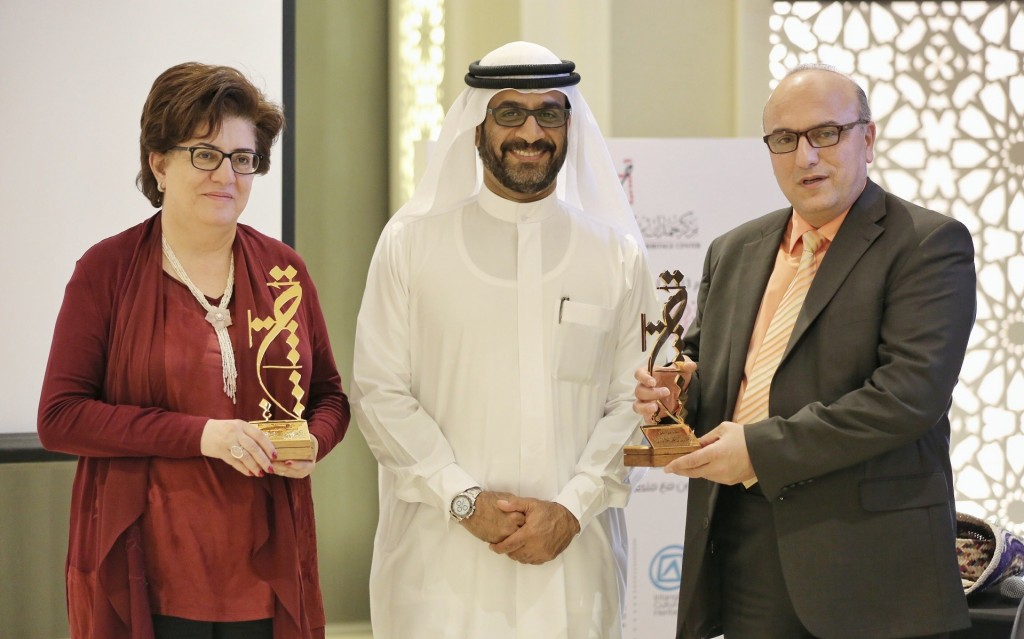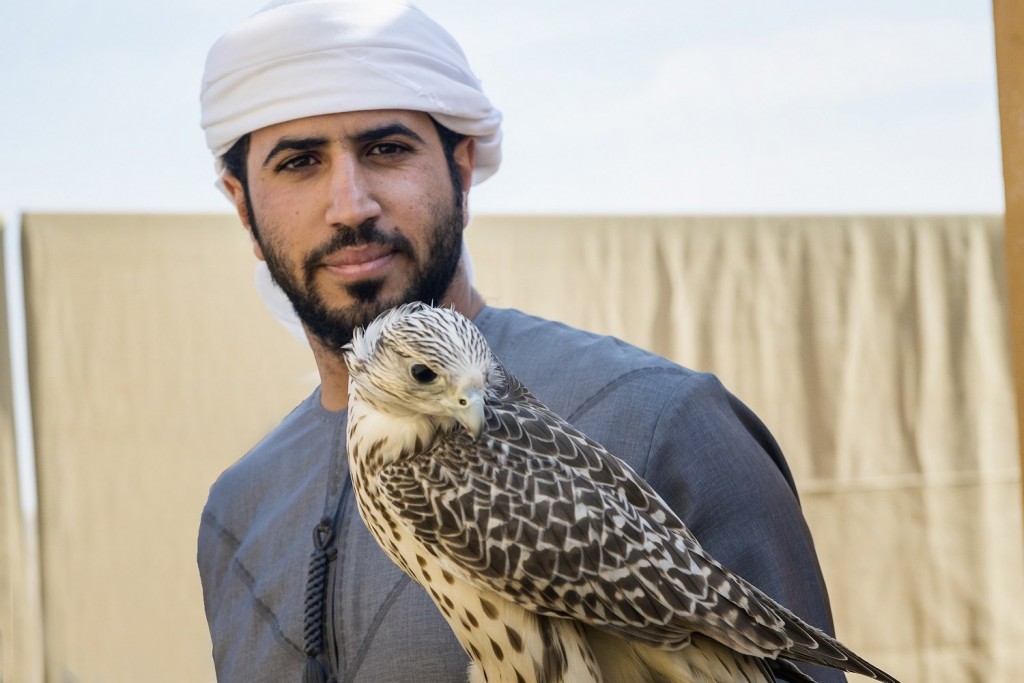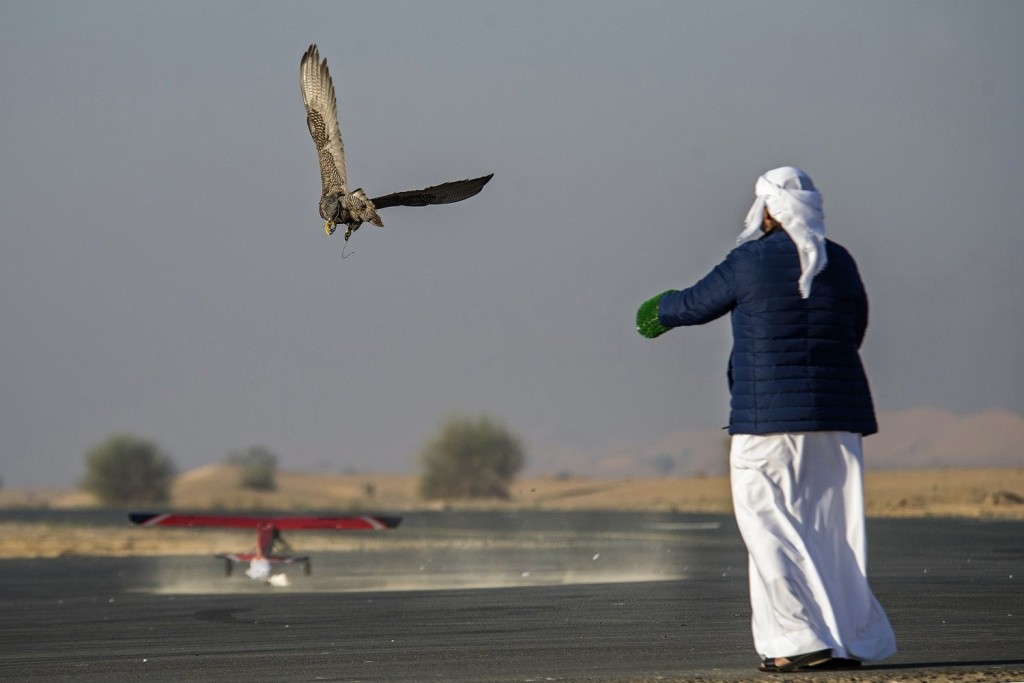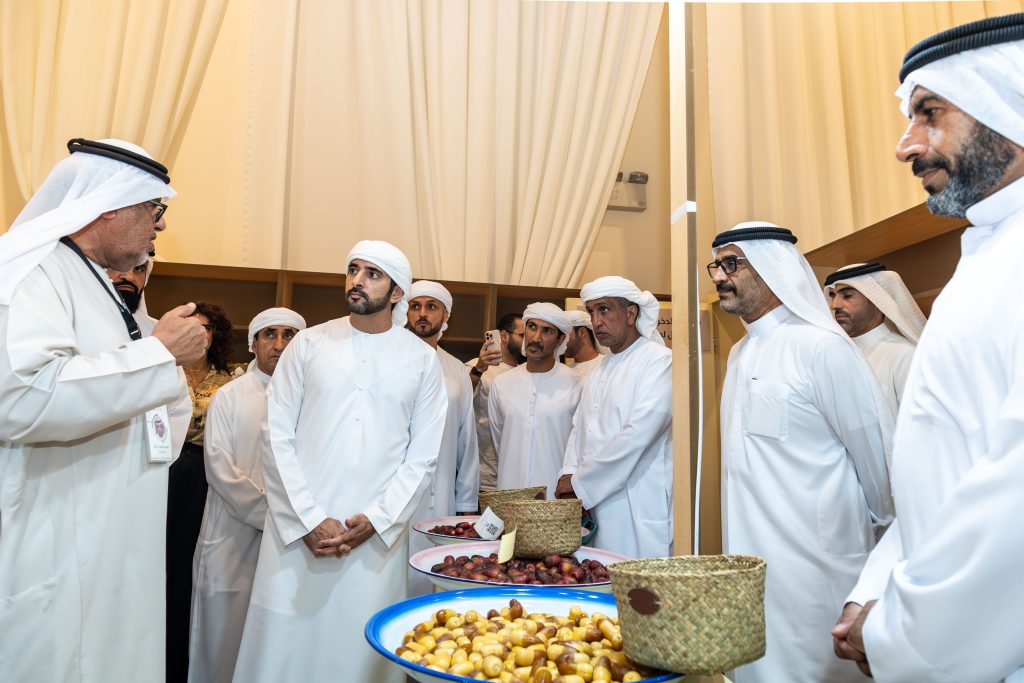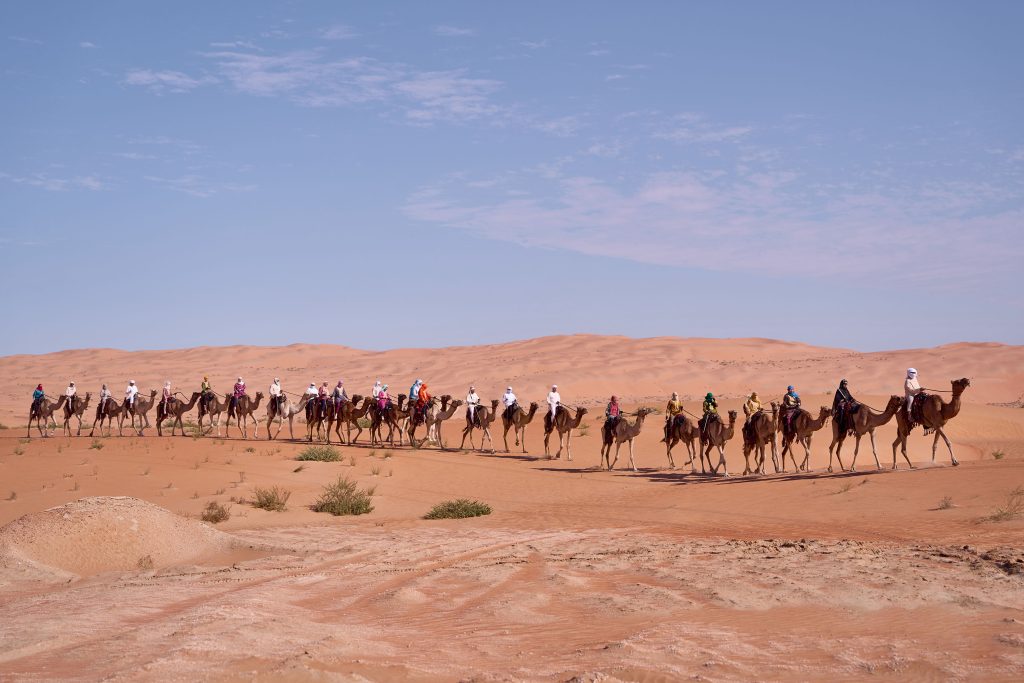Dubai, Monday February 1st 2016 – The Hamdan Bin Mohammed Heritage Center (HHC) and the United Nations Organisation for Education, Science and Culture (UNESCO) have concluded their second joint workshop at the Meydan Hotel in Dubai.
The eight-day gathering, which ran from Sunday, January 24th until Sunday, January 31st, focused on community-based initiatives to revive the intangible cultural heritage of the United Arab Emirates and was split into two distinct sections: a theoretical element (from Sunday, January 24th to Wednesday, January 27th) and a practical part (from Thursday, January 28th to Saturday, January 30th).
The fieldwork saw 25 participants divided up into five even teams and, under the leadership of His Excellency Abdullah Bin Dalmook, the chief executive officer (CEO) of the Hamdan Bin Mohammed Heritage Center, they were sent to different regions of the country – Dubai, Al Dhaid, Fujairah, Hatta and the eastern region of the Emirate of Sharjah.
The final day of the workshop assessed the work undertaken by the five teams, who all concentrated on safeguarding the intangible cultural heritage of the United Arab Emirates as per the terms of UNESCO’s 2003 Convention.
Commenting at the conclusion of the workshop, His Excellency Abdullah bin Dalmook, the chief executive officer (CEO) of the Hamdan Bin Mohammed Heritage Center, commented: “Following on from our initial gathering in October last year, this second joint workshop with UNESCO further underlined our collective commitment to promoting and reviving the cultural intangible heritage of the UAE. It has helped to bolster the Center’s work in maintaining the UAE’s intangible cultural heritage in accordance with the highest international standards and within a global framework.”
Dr Amina Al Dhaheri, the Director of the Research and Studies Department at the Hamdan Bin Mohammed Heritage Center (HHC), added: “This workshop represented another significant milestone in HHC’s endeavours to maintain our cultural heritage, and there will be many more such activities in the future. It will have undoubtedly contributed to the safeguarding of our intangible cultural heritage and identifying its elements.”
The workshop was also spearheaded by Dr Annie Thome-Tabet, a well-known expert in intangible cultural heritage who has published numerous research papers on the subject in leading international publications and Dr Hani F Hayajneh, an accredited UNESCO facilitator for the Convention for the Safeguarding of the Intangible Cultural Heritage and author of the book: ‘Intangible Cultural Heritage: Prospects and Challenges.’
Dr Hayajneh is a UNESCO cultural heritage expert and a professor of Cultural and Historical Studies at Yarmoyk University – Jordan, while Dr Thome-Thabet is a professor of Sociology and Anthropology at St Joseph University in Beirut.
Dr Thome-Tabet stated: “The interaction of the participants – and the extent of their knowledge regarding the most important aspects – surpassed our expectations. We noticed that the first workshop played a major role in the performance of the participants in this second workshop. The practical exercises on the ground at the sites proved very interesting and everyone learned from the local communities in the United Arab Emirates. We hope to further help the Hamdan Bin Mohammed Heritage Center in reviving the UAE’s intangible cultural heritage in the future by launching a pilot project in one of the elements or fields as a result of the lessons learned from these workshops.”
Dr Hayajneh added: “Participants were able to take away a general idea of how to apply the 2003 Convention for the Safeguarding of the Intangible Cultural Heritage at local and international levels from the first workshop (in October 2015), with that being the international covenant ratified by the United Arab Emirates. Now though, the participants were able to identify those cultural elements that are in grave danger of extinction and to recognize the others that are not in any remote danger and thus enjoy basic sustainability and how to place them on the UNESCO’s lists. Members of local communities play a key role in guiding experts in defining the elements intangible heritage and thanks to HHC for inviting people who are part of such local communities and who were able to guide us in the field work.”


